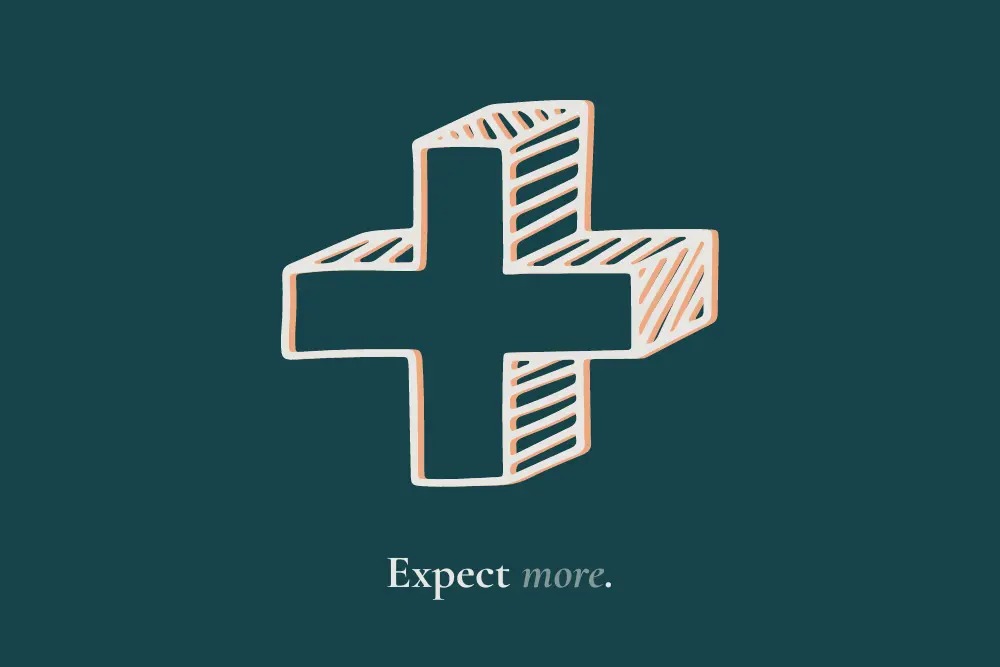Understanding Suicide Awareness Month
Suicide Awareness Month is a time to proactively reflect on the effort to raise awareness of suicidal behaviours and suicide. This is a time to amplify our conversations about mental health, reduce the stigma attached to suicidal thoughts and actions, and foster a community of support and understanding.
Suicide Awareness Month is a meaningful time for all of us to think about and do something about the serious issue of suicide. Whether at Shift Collab or elsewhere, communities need to come together. Our goal is simple: break down the stigma, spread awareness, encourage open conversations and kickstart discussions about preventing suicide.
By creating conversations in safe spaces for folks who have questions or concerns about suicide, we can bring awareness, reduce the stigma and have an opportunity to discuss possible supports or life-saving interventions. Suicide Awareness Month is an opportunity for individuals and a community to share thoughts and feelings that can provide relief, support and healing. We can use Suicide Awareness Month to create a safe space for those struggling and open a dialogue around suicide, which can be life-saving.
The Hard Facts about Suicide in Canada
Addressing the necessity of Suicide Awareness Month requires a thorough understanding of the hard facts. Suicide, tragically, remains a pervasive public health issue in Canada. The devastation of suicide not only affects those who have attempted suicide but intimately affects their families and broader communities, leaving lasting and profound effects.

Addressing the Stigma Around Suicide
If there's one thing challenging the prevention and intervention of suicide, it is the long-lived stigma surrounding it. The prevalent misconceptions and unwarranted stereotypes often isolate those suffering instead of offering them adequate support. This is why Suicide Awareness Month is so crucial, not only for raising awareness but also for dismantling deep-seated stigmas.
Suicide prevention education can decrease suicide and suicide attempts by sharing knowledge and attitudes about mental health concerns. Having open and honest conversations about suicide is essential, especially during Suicide Awareness Month. It's crucial to debunk the misconception that talking about suicide somehow encourages it or gives people ideas. In reality, discussing suicide is a proactive step toward supporting and educating those struggling with mental health.
Initiating a conversation about support and mental health resources does not mean we are offering someone a plan to act on suicide. This belief is unfounded and can be harmful in itself.
Instead, we should view Suicide Awareness Month as an opportunity to create a safe and welcoming environment for those who might be going through difficult times. By starting a meaningful dialogue about suicide prevention, we can connect with individuals who may be silently battling their thoughts and emotions. These conversations can provide the lifeline someone needs, offering hope, understanding, and access to the help they require.
Common Myths About Suicide
- Myth: People who talk about suicide will not really do it.
Fact: Almost everyone who commits or attempts suicide has given some clue or warning. Talking about suicide is a sign of their pain and should not be ignored.
- Myth: Someone with suicidal intentions surely wants to die.
Fact: Practically, the majority of suicide attempts are expressions of extreme distress, not harmless bids for attention. A person with suicidal intentions doesn't necessarily want life to end; they want the pain to end.
- Myth: Only people with mental health problems become suicidal.
Fact: Many people who commit suicide are not diagnosed with a mental health problem. Other factors like unmanageable physical pain or stress can also lead to suicide.

Understanding Suicide Warning Signs
Recognizing the warning signs for suicide and knowing how to take suitable action is a crucial aspect of suicide prevention. An individual may show signs that they are considering suicide, both verbally or through their behaviour.

What You Can Do During Suicide Awareness Month
Suicide Awareness Month serves as a vital reminder that everyone can have a role in understanding and preventing suicide. We all can make a significant difference during Suicide Awareness Month by engaging in the following activities:
- Education: Learn more about the signs, risk factors, and myths surrounding suicide. This knowledge can enable you to have informed conversations and can positively influence your efforts in suicide prevention.
- Open Dialogue: Foster open and non-judgemental environments encouraging conversations about mental health and suicide. Open dialogue can help in breaking the stigma attached to suicide.
- Support Resources: Share and promote resources that offer initial help to individuals struggling with suicidal ideations. These resources might include crisis helplines, mental health clinics, or online materials.
- Advocacy: Advocate for mental health services, raise awareness about suicide prevention, and support policies encouraging mental well-being and suicide prevention.
If you or someone you know is having thoughts of suicide, you are not alone, and support is available to you. Please see below resources that can support you if you or someone you know is at risk of suicide.
Talk Suicide Hotline In Canada: 1-833-456-4566 https://988.ca/
CMHA:1-833-456-4566 (24/7 hotline in Ontario)Text to 45646 (4 pm to midnight)
Kids Help Phone:1-800-668-6868 (24/7 in Ontario)
This article was written by Rachel Costa during their time at Shift Collab.














.gif)






![Why You Need to Unfollow [@YourEx]](https://cdn.prod.website-files.com/625ec823c07cd8de32e1bae2/684af2346eb36cf47933e7ab_20240206T0910-707e5b7e-9802-42a3-8070-ba67b8dc33fd.webp)






![Summer Lovin' [not] Havin' a Blast](https://cdn.prod.website-files.com/625ec823c07cd8de32e1bae2/684af26ed2b68f821b628848_20240206T0910-fd1563e4-34d1-49e6-af59-9b95c717196a.webp)














































































